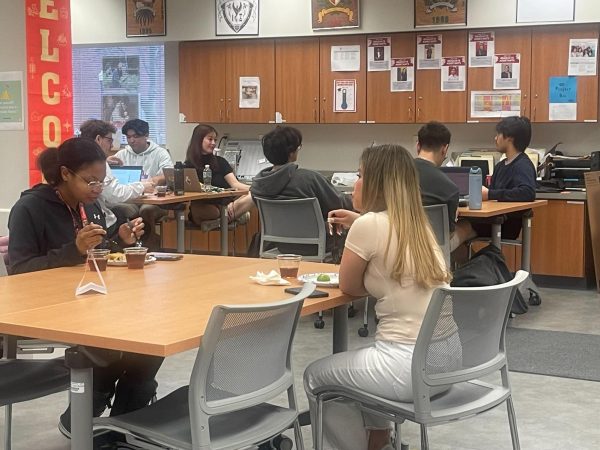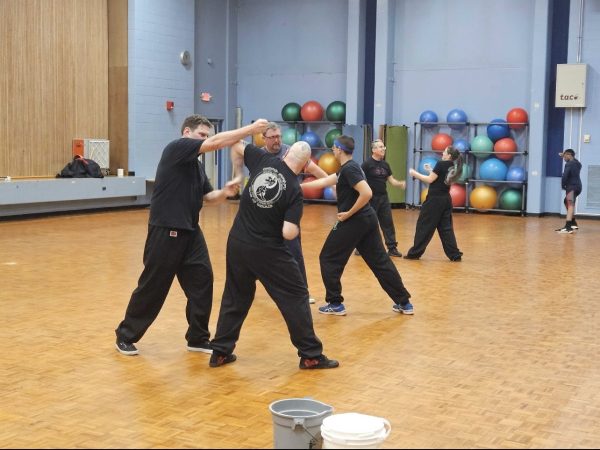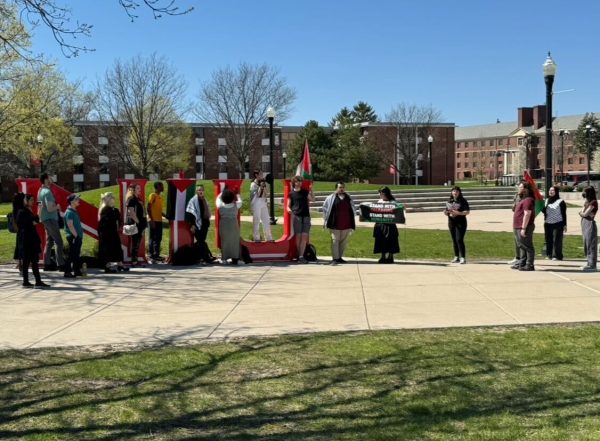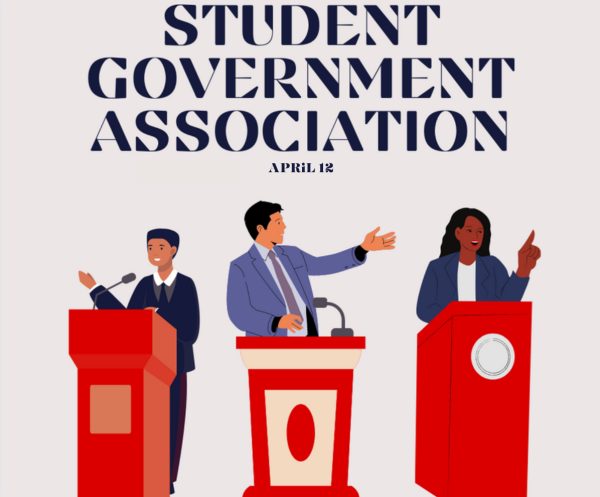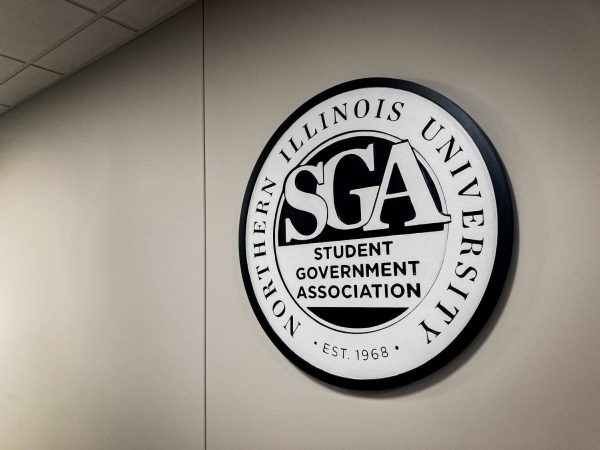Plagiarism cases up 47 percent
September 2, 2008
There were 140 reported cases of plagiarism in the 2006 to 2007 year, and now there have been 206 reported cases in the 2007 to 2008 year so far, said Larry Bolles, director of NIU Judicial Affairs.
Plagiarism acts have increased as of last year, according to Judicial Affairs and the Office of the Ombudsman.
“[Plagiarism] is not tolerated, plain and simple,” Bolles said. “Students shouldn’t commit acts of academic misconduct and it’s the faculty’s job to be diligent in regards to that.”
The office of the Ombudsman has also taken notice of an increase in inquiries concerning plagiarism. Ombudsman Tim Griffin, has seen an increase in plagiarism cases.
“The number of people who have contacted this office over recent years has gone up several times than the number it was five years ago,” Griffin said.
Bolles did not want to speculate as to why there has been an increase, but Griffin believes it’s been due to the advancement of technology.
“No question; it’s because of the availability and ease with what can be accomplished with the Internet,” Griffin said. “That’s what seems to be the motivation of most students who have plagiarized; they’re interested in ‘How can I knock this out as quick as possible and get on with something I’d rather do,'” Griffin said.
Some professors at NIU have encountered students who have plagiarized, intentionally or not, and each instructor resolves the problem in his or her own way. If it can’t be resolved, then the issue is taken to the Judicial Affairs Office to be settled.
Susan Callahan, associate professor of composition, meets with students individually to resolve some of the confusion when she comes across plagiarism.
“When I encounter unintentional plagiarism with inexperienced students who do not understand the expectations for citations, especially for paraphrased material, I re-teach with more examples or meet with students individually if necessary,” Callahan said. “If a student turns in a second piece of work with a similar problem, then I fail that paper.”
Daniel Libman, an instructor for 10 years, teaches first-year composition and has faced plagiarizing students mostly in his research-based classes.
“Usually if you confront a student as one human being to another, the student will tell you what happened; there was pressure on him or something, and the assignment can be re-written if it’s early in the semester or the student will take a zero and might want to take it up another level.”
Students that plagiarize are sanctioned by receiving an “F” in the course, being suspended or even dismissed from the school. Each measure of discipline depends on the standing of the student, their year in school, whether they are a repeated offender, and what they have to say in their testimony to the judicial board.






